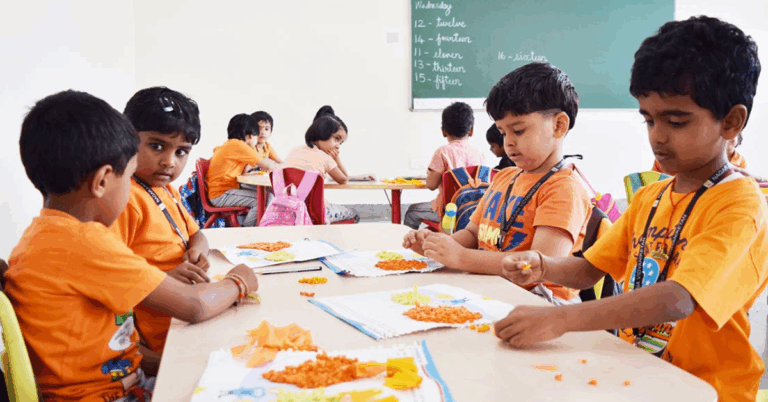Exploring the Role of Debate in Developing Critical Thinking Skills: Engaging Students in Constructive Argumentation
Debate in education serves as a platform for students to enhance their communication skills. Through engaging in debates, students learn how to articulate their thoughts effectively and persuasively. This not only improves their ability to present their ideas but also enhances their confidence in public speaking.
Moreover, debates encourage students to critically analyze different perspectives and viewpoints on various issues. By listening to opposing arguments, students are pushed to think critically, evaluate evidence, and develop rational reasoning skills. This helps them to become more open-minded and tolerant individuals, capable of understanding diverse opinions and engaging in constructive discussions.
Benefits of Engaging in Constructive Argumentation
Engaging in constructive argumentation offers individuals the opportunity to hone their communication skills by articulating their ideas clearly and persuasively. Through the process of presenting and defending their viewpoints, participants learn how to structure their arguments in a logical and organized manner. This not only enhances their ability to express themselves effectively but also fosters confidence in their own opinions.
Furthermore, engaging in constructive argumentation allows individuals to develop empathy and understanding towards differing perspectives. By actively listening to counterarguments and responding thoughtfully, participants learn to appreciate the complexity of issues and recognize the nuances in different viewpoints. This not only promotes a sense of open-mindedness but also cultivates the essential skill of active listening, which is crucial for effective communication and collaboration in various aspects of life.
Enhancing Critical Thinking Skills through Debate
Engaging in debate is a powerful tool for developing critical thinking skills. When students participate in structured arguments, they are challenged to analyze information, evaluate different viewpoints, and construct coherent arguments. Through this process, they learn how to think logically, consider evidence, and make persuasive claims based on sound reasoning.
Debate also encourages students to step out of their comfort zones and engage with diverse perspectives. By actively listening to and refuting opposing arguments, learners are forced to critically assess their own beliefs and assumptions. This helps them develop the essential skill of viewing issues from multiple angles, fostering a more well-rounded and open-minded approach to problem-solving.
How can debate help students enhance critical thinking skills?
Debate requires students to analyze arguments, think critically about evidence, engage in logical reasoning, and formulate their own persuasive arguments. This process helps students develop their critical thinking skills by evaluating different perspectives and constructing well-reasoned arguments.
What are some practical benefits of engaging in debate?
Engaging in debate can improve students’ communication skills, research abilities, public speaking skills, and ability to think on their feet. It also helps students develop empathy, tolerance for diverse viewpoints, and the ability to effectively persuade others.
How can educators incorporate debate into the classroom?
Educators can introduce debate as a regular classroom activity, assign debates as part of research projects or presentations, organize debate clubs or teams, or incorporate debate into larger academic competitions. By providing students with opportunities to engage in constructive argumentation, educators can help students enhance their critical thinking skills.
Can debate help students become better problem solvers?
Yes, debate can help students become better problem solvers by encouraging them to analyze complex issues, consider multiple perspectives, evaluate evidence, and develop creative solutions. Through debate, students learn to approach problems systematically and think critically about possible solutions.







